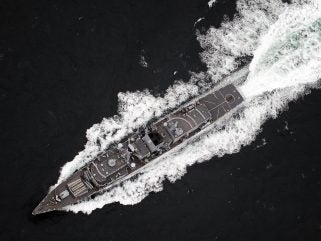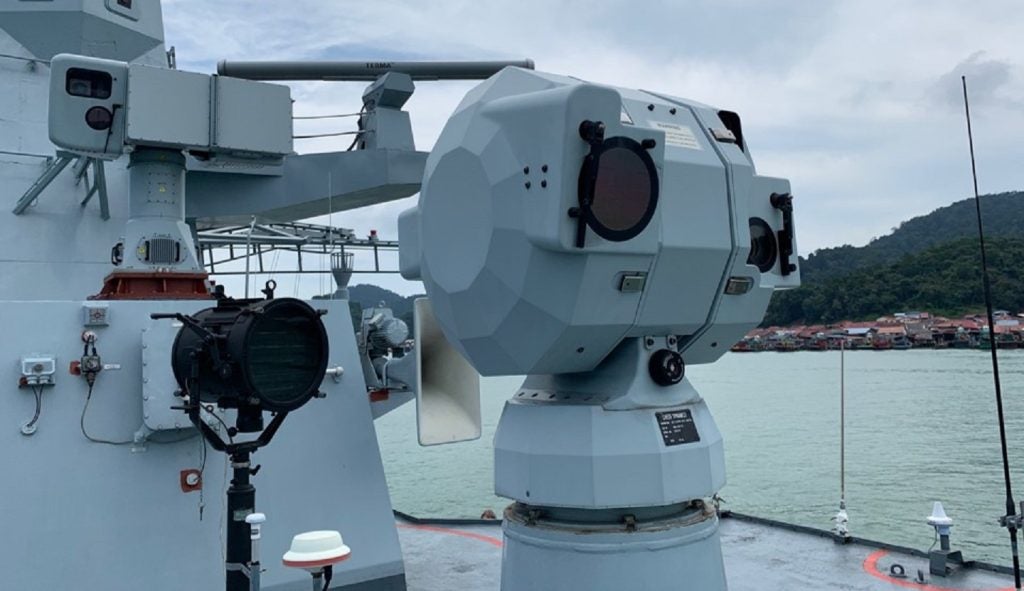
Thales has clinched a £1.8bn ($2.3bn), 15-year contract with the UK Ministry of Defence to enhance national security.
The Maritime Sensor Enhancement Team (MSET) project is set to usher in a new era for the Royal Navy, leveraging advanced AI and data management to maximise ship availability and resilience.
The UK Royal Navy faces challenges as it grapples with the dire state of its frigate fleet and a shrinking force. A parliamentary response revealed that the current timeline for introducing Type 31 and Type 26 combatants misaligns with the outgoing Type 23 vessels, potentially reducing the frigate fleet to just nine by 2027.
The concerns extend to the operational status of existing Type 23 frigates, with some undergoing lengthy refits, such as HMS Argyll’s 17-month recertification program, raising doubts about its completion.
The Royal Navy is set to embark on a transformative journey with Thales as they seal a £1.8bn contract, bolstering maritime capabilities and injecting change into UK naval maintenance. This deal, announced by Defence Secretary Grant Shapps, aims to keep Royal Navy ships at sea for longer amid heightened global tensions.
Thales’ Maritime Sensor Enhancement Team (MSET) will sustain sonar and sensors and introduce AI and data management systems. The focus on predictive maintenance through AI technology is a paradigm shift, allowing the Navy to address issues before they arise proactively.
Thales SA is set to maintain its spot as the most prominent naval sonar supplier globally over the forecast period. Thales SA will also account for the second largest market in the UK with contracts involving the supply of Sonar 2076 suite and Sonar 2087 to the Royal Navy, according to GlobalData’s intelligence on the global naval sonar market.
Defence Secretary Shapps emphasised the role of minimising maintenance downtime during global instability. Beyond technological advancements, the contract creates and sustains 450 high-skilled jobs across the UK.
Thales CEO Alex Cresswell highlighted the significance of this partnership, stating, “This £1.8bn contract with Thales will help keep more Royal Navy ships at sea for longer by harnessing the latest developments in artificial intelligence, data analysis and improved dockland facilities.”
The MSET contract aligns with the Royal Navy’s transition, accommodating the introduction of new platforms like Type 26, Type 31, and Dreadnought. Over its 15-year span, the contract is expected to reduce turnaround times by an average of 100 days per repair, slash spare lead times by 44 days, and enhance reliability by 10%.
Beyond the technological advancements, the contract positively impacts local communities. Approximately 450 high-skilled jobs and hundreds of apprenticeship opportunities will be created or sustained, fortifying the UK’s engineering capabilities.
The Thales-MOD collaboration marks a pivotal moment for the Royal Navy, combining technology, job creation, and a strategic vision for maritime security in an increasingly complex global landscape.








